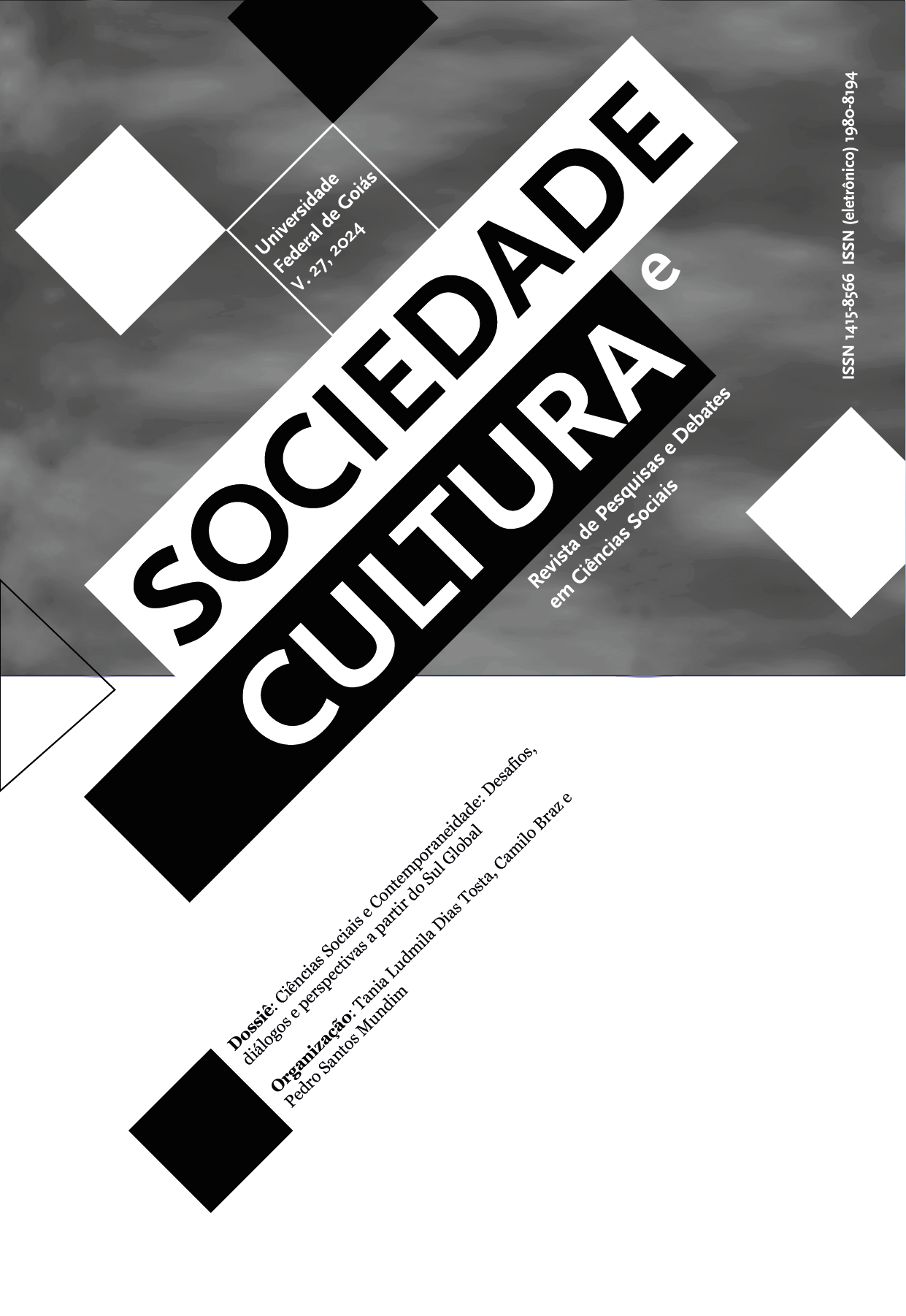What is Critical in Wolfgang Streeck's Thought? Patriarchal Eurocentrism as the Normative Foundation and Horizon of the Consolidation State Theory
DOI:
https://doi.org/10.5216/sec.v27.78160Abstract
This article aims to identify normative foundations and horizons in the theoretical production of Wolfgang Streeck. The theoretical research undertaken begins with a reconstructive presentation of the author's intellectual trajectory, emphasizing his critical dialogue with Frankfurtian crisis theories. This contextualization is followed by the identification of apparent antinomies or tensions in Streeck's diagnosis of the crisis of social rights and democracies in the contemporary world. Building on this observation, a critical effort is made to identify, within the interstices of a work that asserts itself as non-normative and indifferent to the proposition of positive solutions, both a political-philosophical
basis and a programmatic direction associated with a vision of society in which the subjects of public policies, law, and democracy are limited to men, white, and European. Thus, the normativity of Streeck's thought is revealed, shedding light on its attributes of incompatibility with critical
thinking, along the lines of which the author usually claims to construct his work.
Downloads
Downloads
Published
How to Cite
Issue
Section
License
Copyright (c) 2024 Sociedade e Cultura

This work is licensed under a Creative Commons Attribution 4.0 International License.
Authors who publish in this journal agree to the following terms:
- Authors retain the copyright and grant the journal the right of first publication, the work being simultaneously licensed under the Creative Commons Attribution License, which allows the sharing of the work with acknowledgment of authorship and of the initial publication in this journal;
- Authors are authorized to enter into additional contracts separately, for non-exclusive distribution of the version of the work published in this journal (eg, publishing in an institutional repository or as a book chapter), with acknowledgment of authorship and of the initial publication in this journal;
- Authors are allowed and encouraged to post and distribute their work online (eg, in institutional repositories or on their personal page) at any point before or during the editorial process, as this can bring productive change as well as increases the impact and the citation of the published work (see O Efeito do Acesso Livre).



